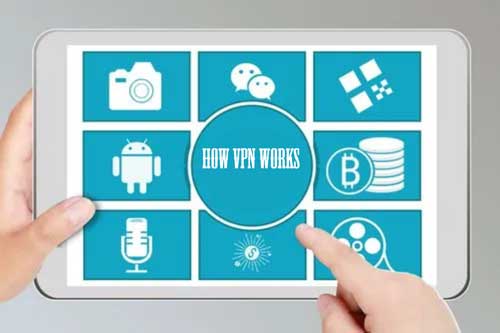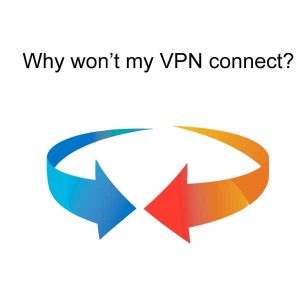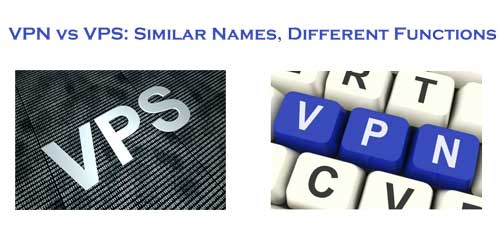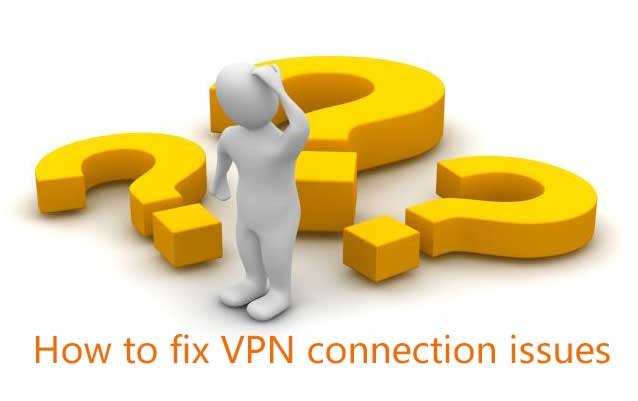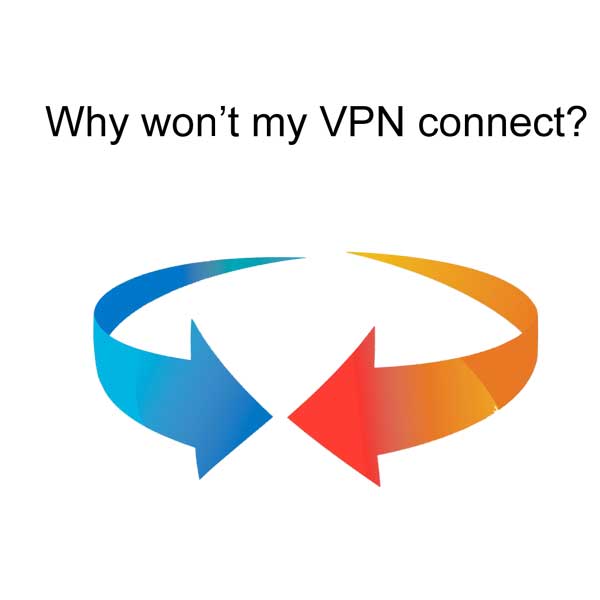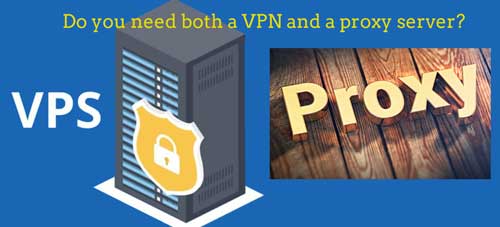
What should you use, a VPN or proxy server?
If your goal is to hide your IP address, using either a proxy server or VPN will achieve that. And if you’re concerned about browsing speed, and you only want to hide your IP address from a single site or app, then a free proxy server will do the job.
On the other hand, if you want to keep your browsing activity hidden from others, using the internet through a VPN is a better option. This is because of encryption: VPNs encrypt your data while online, while proxy servers don’t. This is important because a VPN provides greater security if you’re carrying out activities like online banking or online shopping.
While the best VPN providers will charge for their services, the security they provide means that your most sensitive personal and financial information is shielded from the eyes of potential malicious actors.
In summary: A VPN provides greater privacy and security than a proxy because it routes your traffic through a secure VPN server and encrypts your traffic. A proxy will merely pass your traffic through an intermediary server but won’t necessarily offer additional protection. Unlike proxies, VPNs work on the operating system level to secure all your traffic.
Do you need both a VPN and a proxy server?
In short, no. You don’t need to use a proxy server if you already use a VPN. VPNs fulfill the same function as a proxy server but offer more and better features. However, if you have a transparent proxy server blocking certain websites, you can use a VPN to bypass these restrictions.
Types of proxies
There are different types of proxies. The most common types include:
HTTP proxies
HTTP proxies are designed for web-based traffic. The user plugs the proxy server into their web browser configuration file – or uses a browser extension if their browser doesn’t support proxies – and all their web traffic is routed through the remote proxy. This type of proxy is used to access geo-restricted content – for example, an online video that may be restricted in your region (though bear in mind that this might violate the user agreement with your content provider).
If you’re using an HTTP proxy to carry out sensitive activities, such as online banking or online shopping, it’s important to use a browser that has SSL enabled and connect only to websites with an up-to-date SSL certificate. Proxies do not encrypt traffic – the only encryption you receive when using them is the encryption you ensure yourself.
SOCKS5 proxies
SOCKS5 proxies work on websites but can also be used to access file sharing sites, video streaming services, or online games. However, connecting to an app through a SOCKS5 proxy may be slower. This is because free proxies can have slower infrastructure, fewer configuration options, and less support.
Transparent proxies
Proxy servers aren’t just used to unlock certain websites. They can also be used for the opposite purpose. For example, certain organizations – companies, schools, or libraries – or perhaps parents might want to set up a transparent proxy to block or filter users’ content when using the internet. You may have used a transparent proxy without realizing it.

